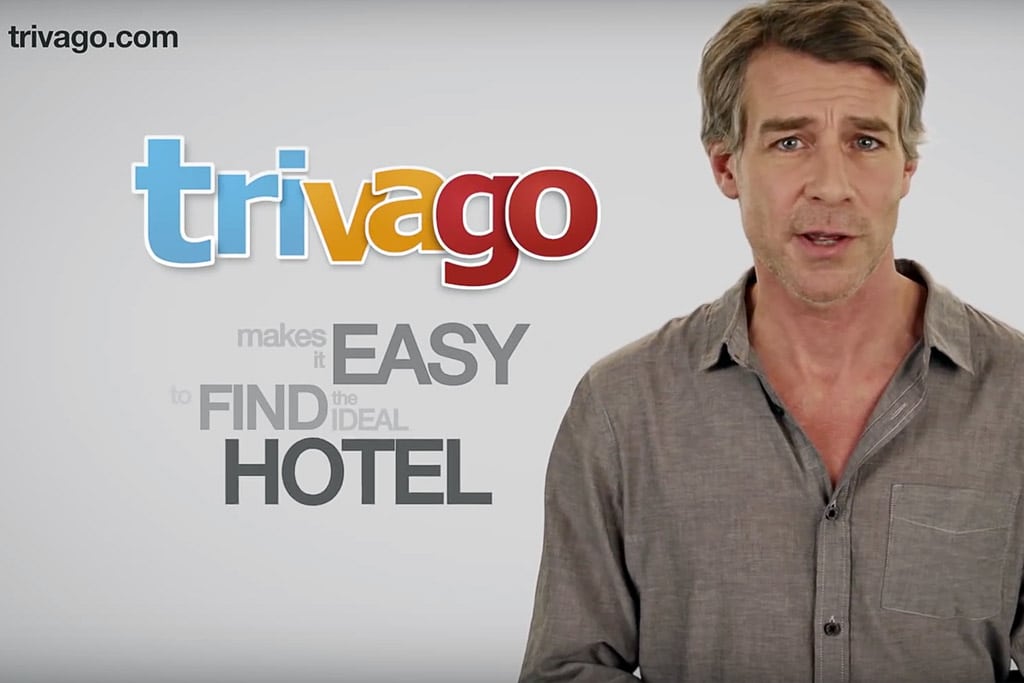Expedia Brands Dominate TV Ad Spending by Travel Booking Sites in 2015

Skift Take
Priceline's and Expedia's respective selling and marketing spend on a global scale shows why Priceline remains on top despite all of Expedia's acquisitions. Priceline does it much more efficiently, getting a lot more bang for a buck.
Expedia Inc.'s spending last year on U.S. television advertising ($218.3 million) left the Priceline Group far behind ($86.1 million) and Expedia's Germany-based Trivago brand, which offers comparison shopping for hotels and television pitches from the Trivago Guy, led all of the booking sites by far, shelling out just a few bucks less than $100 million in U.S. TV advertising spend.
The figures come from iSpot.tv, which estimates that the U.S. national TV advertising of travel-booking sites in 2015 increased 21.5 percent to $354.1 million, and included 123 spots from 27 brands that paid the bills for 176,000 airings. That contrasts with 18 brands cutting checks for $291.5 million in 96 spots and 213,068 national airings in 2014. In other words, the number of brands and spots increased significantly in 2015 compared with the prior year, although the number of national airings declined. Looking at the spending patterns in a different way, Expedia Inc. paid the bills for 61.6 percent of all travel site TV advertising in the U.S. in 2015 -- and its Trivago brand represented 45.7 percent of all of Expedia’s U.S. TV advertising spending.
